Plan Natural Gas Generator. Need Help.
chisue
15 years ago
Related Stories
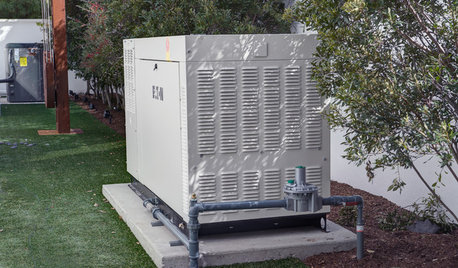
DISASTER PREP & RECOVERYMore Power to You: How to Pick the Right Generator
If your home's electricity goes, don't let it take your necessities with it — keep systems running with this guide to backup power
Full Story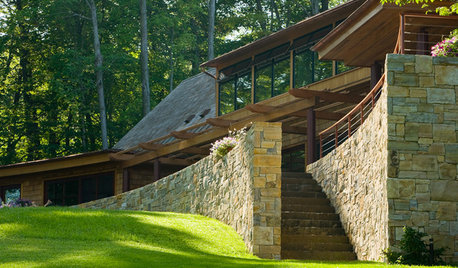
CONTEMPORARY HOMESHouzz Tour: 2 Wings for 3 Generations on a Vermont Lake
An extended family enjoys a spacious waterfront home influenced by farmhouses and Japanese architecture
Full Story
GARDENING AND LANDSCAPINGGenerate Buzz as a Beekeeper
Fresh honey and happy flowers are just two of the perks of a backyard beehive. These 5 guidelines will help you get started
Full Story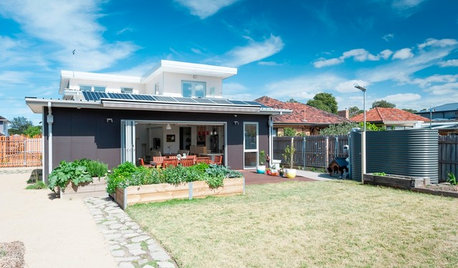
GREEN BUILDINGHouzz Tour: An Energy-Efficient Home for 3 Generations
This Australian house takes sustainability and accessibility to a new level
Full Story
HOUZZ TOURSHouzz Tour: Innovative Home Reunites Generations Under One Roof
Parents build a bright and sunny modern house where they can age in place alongside their 3 grown children and significant others
Full Story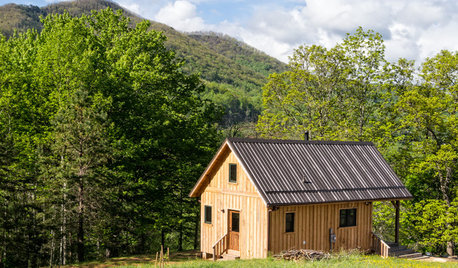
HOUZZ TOURSHouzz Tour: 10 Acres, 3 Generations and Many Animals in North Carolina
Check out a throwback-style cabin that celebrates simplicity, reclaimed materials and family
Full Story
HOUZZ TOURSMy Houzz: Making Room for 3 Generations
A Salt Lake City home creates privacy and independence for grandparents, parents, kids and dogs
Full Story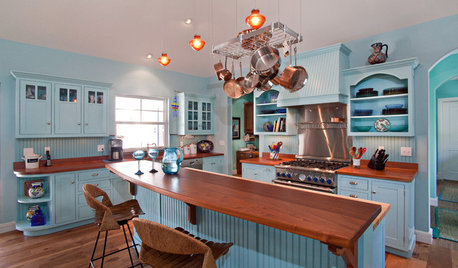
KITCHEN DESIGNHere's Help for Your Next Appliance Shopping Trip
It may be time to think about your appliances in a new way. These guides can help you set up your kitchen for how you like to cook
Full Story
TRADITIONAL HOMESHouzz Tour: Connecticut Farm Restored for Generations to Come
A man renovates his extended family’s stately farmhouse and land. Sustainable practices are used in gardens, wetlands and recreation areas
Full Story
HOUZZ TOURSMy Houzz: An Australian Home Appeals to 3 Generations
Two separate ecofriendly dwellings on an Adelaide property mean family is never far away
Full Story


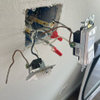


sniffdog
wayne440
Related Discussions
Generator Conversion to Natural Gas
Q
? about natural gas generator
Q
need recommendations for a tankless natural gas water heater
Q
Gas Leak? Natural Gas Furnace Help
Q
petey_racer
sniffdog
jcthorne
Ron Natalie
Ron Natalie
chisueOriginal Author
Ron Natalie
stinkytiger
chisueOriginal Author
slateberry
Ron Natalie
stinkytiger
chisueOriginal Author
chisueOriginal Author
stinkytiger
sniffdog
chisueOriginal Author